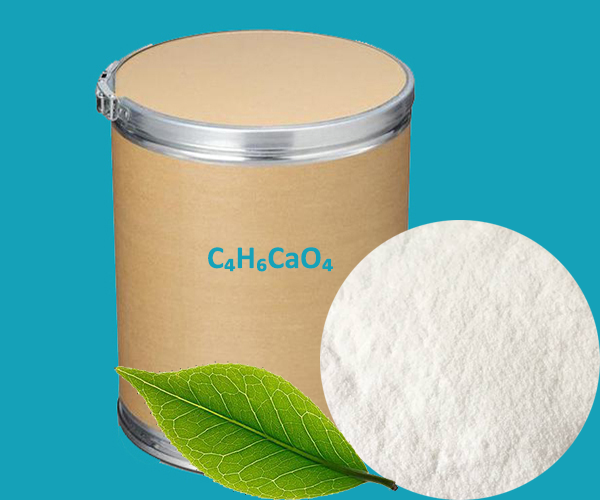Calcium acetate is a calcium salt of acetic acid with the chemical formula C₄H₆CaO₄. Calcium acetate is also called Acetate of lime or Calcium ethanoate or Calcium diacetate. It is widely used as a hydrate in treating hyperphosphataemia and functions as a chelator.
It is hygroscopic in its anhydrous form and monohydrate in the common form. A mineral such as calcium is required for many cellular functions such as nerve impulse transmission, cardiac function, cell membrane permeability, muscle contraction, and bone formation. Calcium acetate is taken orally to treat or prevent calcium deficiency as well as to treat hyperphosphatemia as it has excellent phosphate-binding properties.
Properties of Calcium acetate
Chemical Formula : C₄H₆CaO₄
Molecular weight : 158.166 g/mol
Density : 1.509 g/cm3
Melting point : 160 °C
Uses of Calcium acetate
Calcium acetate is used as a food additive.
Used as a corrosion inhibitor.
Used is the manufacturing of lubricants.
Used as a stabilizer in resins.
Used in bakery goods as an anti mold agent.
Used in gelatin as a thickener.
Used as an esterification catalyst.
Used in the making of agricultural products.
Used as a filler and stabilizing agent.
 English
English Español
Español Português
Português Français
Français Deutsch
Deutsch Русский
Русский 中文
中文 日本語
日本語
